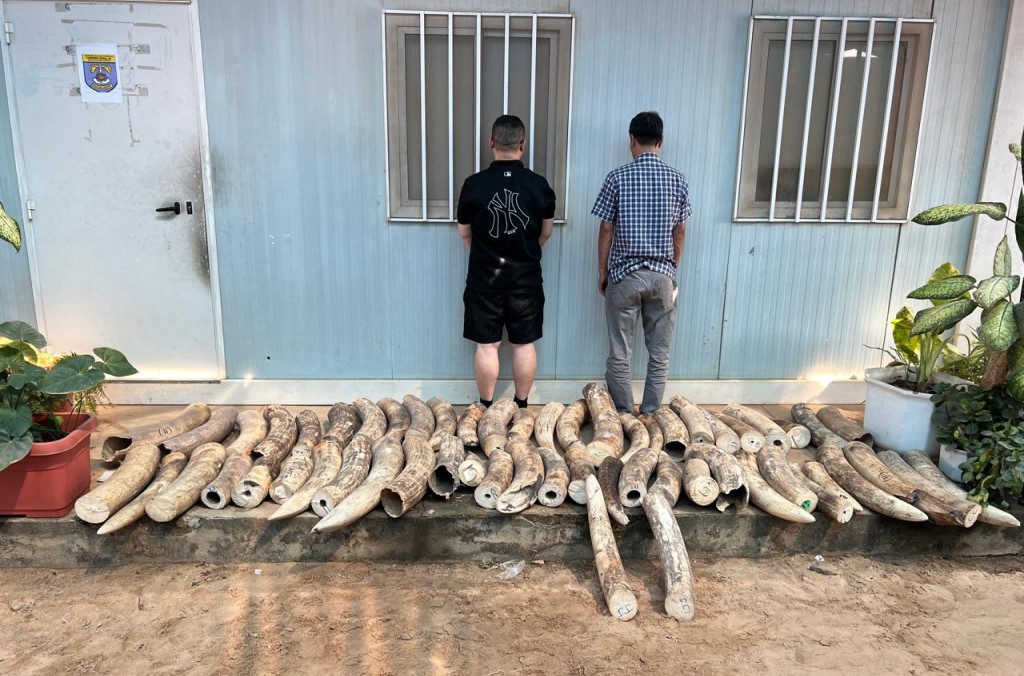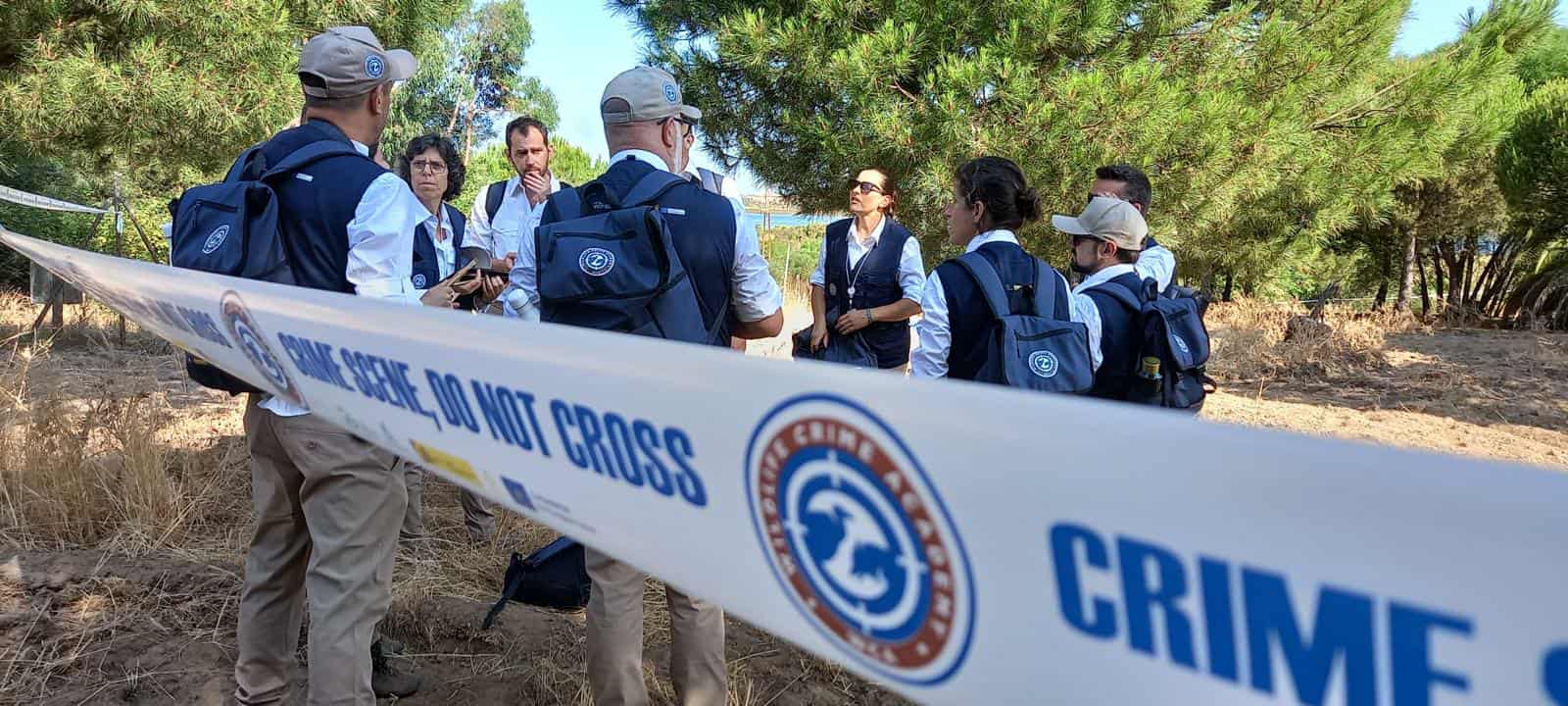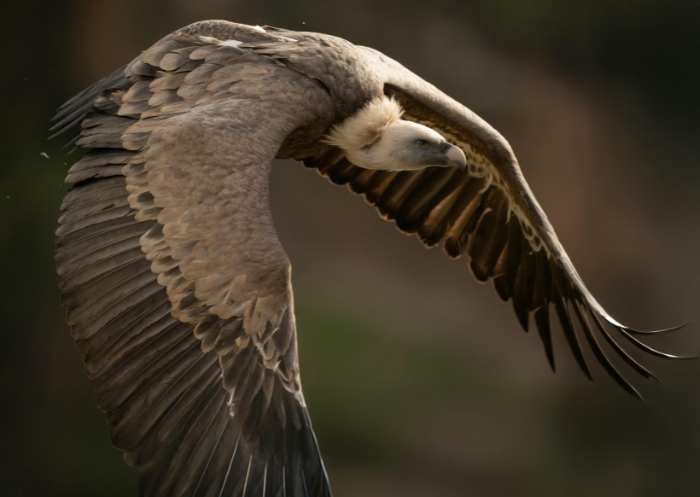The WildLIFE Crime Academy project just launched its official website —a practical platform to support on-the-ground enforcement, highlight international collaboration, and lay the groundwork for something bigger: an upcoming Knowledge Exchange Platform that will connect trained professionals across borders.
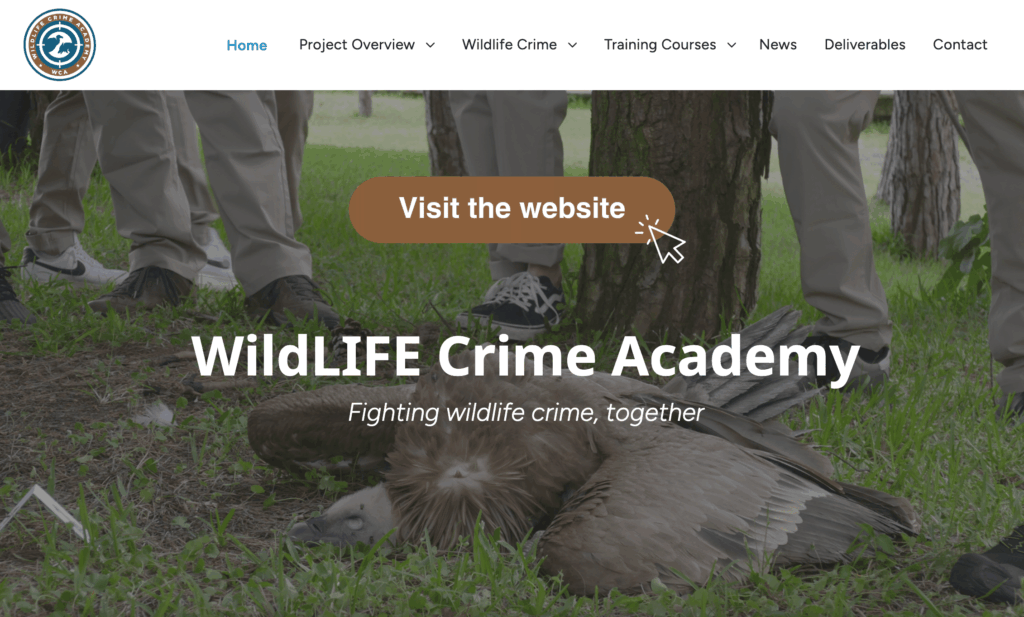
A central hub for wildlife crime
Operating across Europe, the Caucasus, and North Africa, the WildLIFE Crime Academy brings together government agencies, law enforcement, researchers, and conservation experts to make wildlife crime high-risk and low-reward.
The new website offers:
- A clear overview of the project, its partners, goals and actions
- Background on the scale, drivers and impact of wildlife crime
- News on wildlife crime investigations and training sessions
- Access to downloads, deliverables, and official resources
It also highlights the project’s specialised three-level training programme, currently underway in Spain. Up to 100 professionals—including police officers, prosecutors, and forensic experts—will be trained as part of the project and supported to pass their knowledge on to over 1,000 colleagues in their home countries. By 2028, the Academy aims to increase investigations, strengthen prosecutions and reduce wildlife crime across the participating regions.
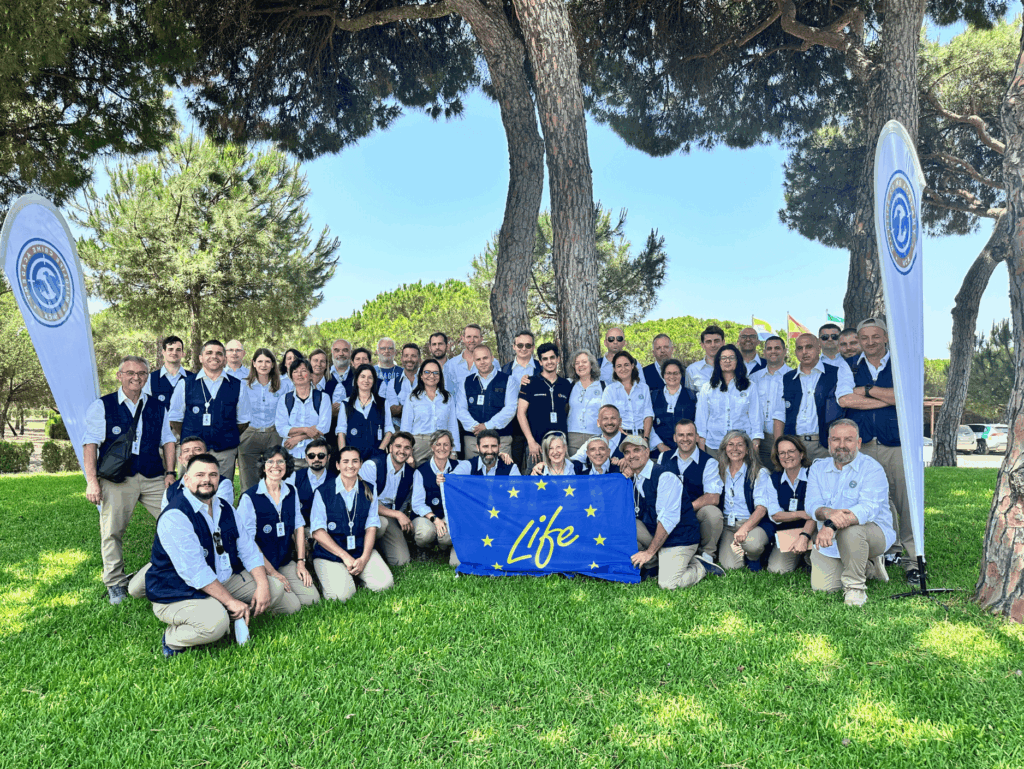
What’s coming next
In the coming months, the project will launch a Knowledge Exchange Platform for approved professionals. This secure space will include training materials, expert forums and networking tools. Its goal is to keep trained professionals connected, share best practices, and help apply what they have learned to real investigations.
About the project
The WildLIFE Crime Academy is a project dedicated to reducing wildlife crime through capacity-building, training, and international cooperation. It brings together law enforcement, policymakers, conservation organisations, and the public to strengthen the enforcement and prosecution of wildlife-related crimes across Europe, the Caucasus, and North Africa.
The project is co-funded by the European Union’s LIFE Programme and is coordinated by the Vulture Conservation Foundation. Additional partners include the Ministry of Environment, Waters and Forests (Romania), DOPPS BirdLife Slovenia, Centar za zaštitu i proučavanje ptica, and Taskent Nature Park. The project also receives support from the Junta de Andalucía, the Ministry for Ecological Transition and the Demographic Challenge, Guardia Civil, and the Universidad Internacional de Andalucía.


